00The project will adopt a community-led and market-relevant training model, ensuring both local ownership and alignment with job market trends. Training will include:
- ICT Infrastructure Setup: Laptops, routers, IoT kits, and reliable internet for each hub.
- Curriculum Development: Modular training in English and local languages, covering ICT basics, coding, IoT, and digital finance.
- Youth Recruitment & Training: 6-month training cycles for cohorts of 50 youth per hub.
- Mentorship Program: Volunteer software engineers and ICT professionals coach trainees.
- Job Linkages: Partnerships with tech companies, start-ups, and outsourcing platforms for internships and contracts.
- Innovation Competitions: Annual hackathons designed to bridge technology ideas with real community problems.
Faith leaders and community mentors will be integrated to ensure that while training is technical, it also builds ethical, Christ-centered leaders who embody compassion and stewardship.
4. Expected Outcomes & Impact
Outcomes:
- 500 youth trained in ICT/IoT by 2028.
- At least 300 employed or self-employed in ICT-related opportunities.
- Increased digital literacy in rural and underserved communities.
- Improved community perception of technology as a solution to social and economic challenges.
Long-term Impact:
A digitally literate generation of Christ-centered innovators capable of transforming local communities through technology and entrepreneurship.
5. Target Beneficiaries
- Primary: 500 youth (ages 16–30) from underserved districts, 60% female.
- Secondary: Families, local businesses, schools, and communities benefiting from youth-led innovations and improved incomes.
6. Sustainability Strategy
- Revolving Fee-for-Service Model: Some trainees pay subsidized fees, cross-subsidizing free training for vulnerable youth.
- Public-Private Partnerships: CSR partnerships with ICT companies (equipment donations, mentorships).
- Community Ownership: Local committees manage hubs to ensure continuity.
- Social Enterprise Spin-offs: Graduates supported to launch digital services that reinvest in the hub’s sustainability.
7. Monitoring & Evaluation (M&E)
- Baseline assessments: Youth ICT readiness.
- Progress tracking: Number of trainees, attendance, completion, internship placement.
- Digital dashboards: Using cloud-based systems for real-time reporting.
- Endline evaluation: Social, economic, and employment impact of training.
SMART indicators include:
· of ICT graduates per year.
- % of graduates employed/self-employed within 12 months.
· of hackathons organized.
· of community innovations developed.
8. Estimated Budget Summary (Oct 2025 – Dec 2026)
- ICT/IoT Hub Set-up & Equipment: $12,000
- Trainers/Facilitators: $3,000
- Internet & Utilities: $1,500
- Hackathon Event: $1,500
Total: $18,000 (Year 1. Expansion in later years).
9. About Horeb Outreach Ministry (Institutional Capacity)
Horeb Outreach Ministry (HOM) is a registered NGO headquartered in Accra, Ghana (founded 2025). Its vision is to empower spiritually enriched, socially empowered, and economically independent communities. HOM’s ICT/IoT program leverages a proprietary training curriculum, community partnerships, and faith-inspired mentoring to ensure beneficiaries gain both digital proficiency and ethical grounding. HOM has already allocated resources in its inaugural Annual Work Plan & Budget and seeks partnerships to expand impact.

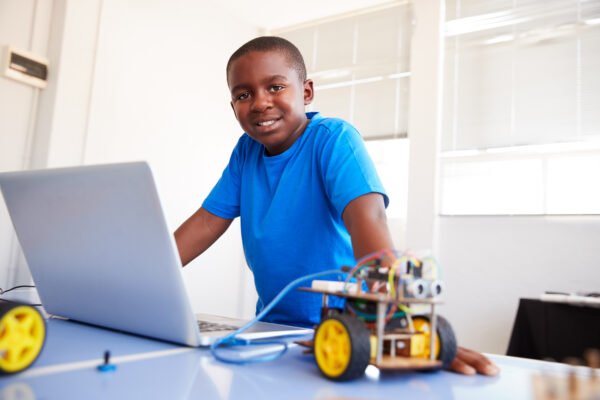
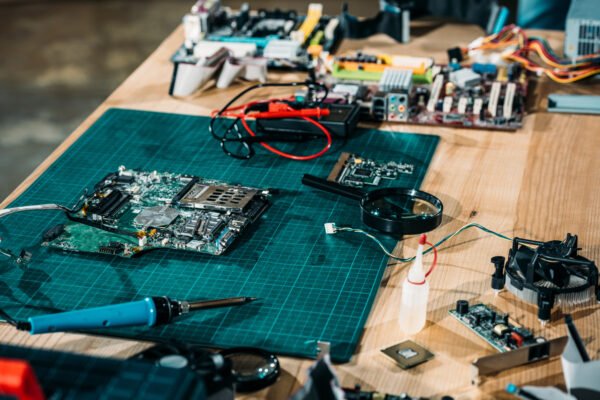
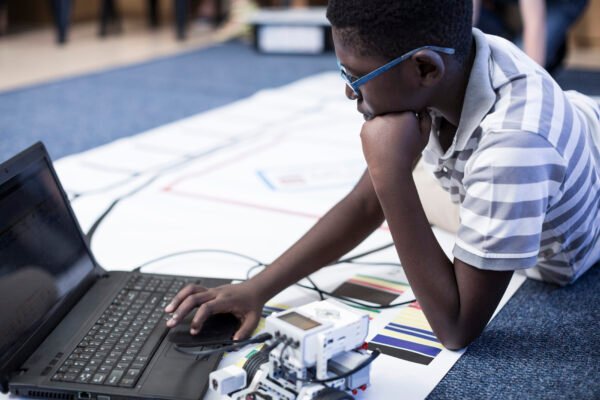
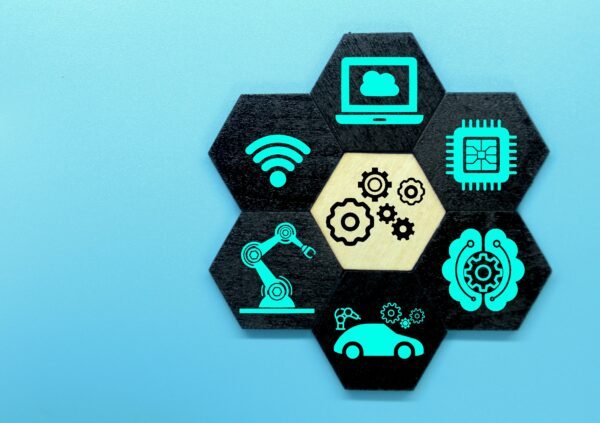




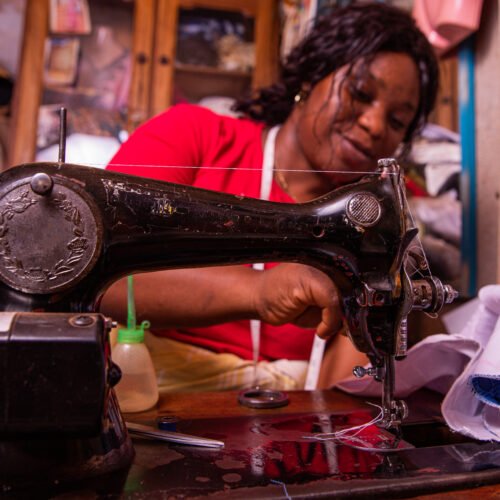

Reviews
There are no reviews yet.